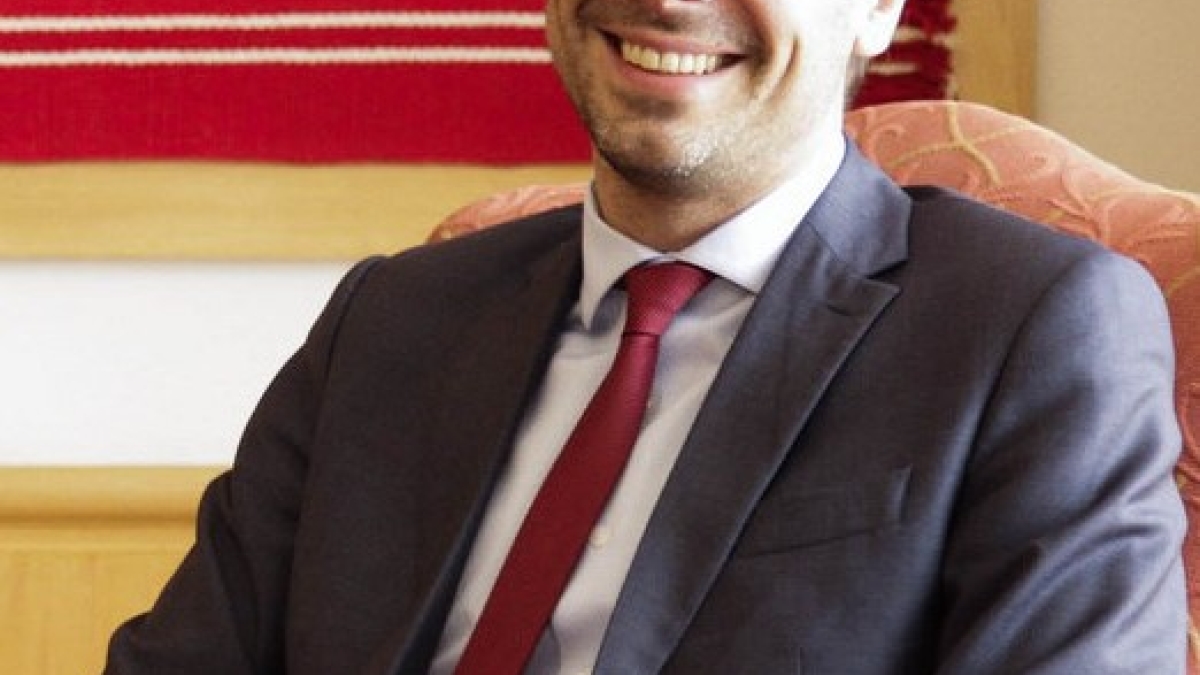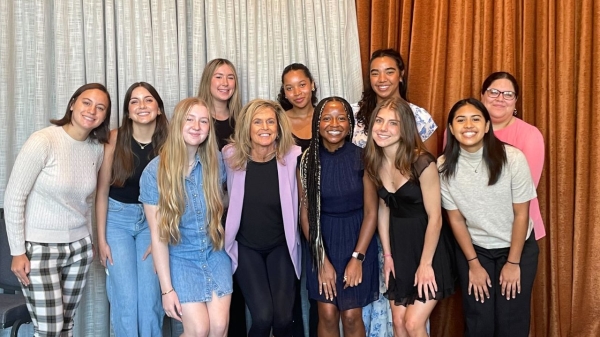Guillaume Long, former foreign minister for Ecuador, to speak at ASU about Latin American politics

Guillaume Long, former foreign minister for Ecuador.
Latin American governments have veered right toward conservatism in the last five years with implications for the region’s relationship to the United States, according to Guillaume Long, a former foreign minister for Ecuador.
“The United States plays an important role in most regions of the world, but particularly in Latin America, which (politically and geographically) is known as the United States’ backyard,” Long said.
Long will speak about politics in Latin America in a keynote address titled “Perspectives on the Current Political Climate in Latin America,” at 6 p.m. on April 18 in the Biodesign Institute Auditorium on the Arizona State University Tempe campus. His talk, which is free and open to the public, is part of the Distinguished Global Leader Series presented by Barrett, The Honors College at ASU.
He will touch upon the United States’ intervention into Latin American politics through the Monroe Doctrine, how Latin American governments have shifted from the left to the right, the legacy of leftist governments, the current unrest in Venezuela, the Colombian peace process, the politics of regional integration and Latin America’s geopolitical future.
Long is a French, British and Ecuadorian academic with experience in government and politics. He was foreign minister of Ecuador, minister of culture, minister of knowledge and human talent, president of the Board for Accreditation and Quality Assurance in Higher Education, chancellor of Ecuador’s school of government, and public administration and adviser to the minister of planning and development at different times during the 10-year presidency of Rafael Correa. He was later Ecuador’s ambassador and permanent representative to the United Nations in Geneva.
He holds a PhD in international politics from the University of London and is currently an associate researcher at the Institut de Relations Internationales et Stratégiques in Paris. He also teaches international relations at Sciences Po's Paris School of International Affairs and comparative Latin American politics at Johns Hopkins University.
“America plays an important role in most regions of the world, but particularly and historically in Latin America,” he said.
“I think Americans have a responsibility to know what is happening in Latin America and their country’s role in it. It’s important for people who care about what is happening in the world to know about what is happening in Latin America,” he said.
Long predicts the relationship between the U.S. and Latin America will take center stage as the 2020 presidential campaign heats up.
“There are issues of immigration, climate change, drugs and much more. Now that we’re getting closer to a campaign year with Mr. Trump and others, issues in Latin America will be even more significant,” he said.
More Law, journalism and politics

Cronkite School launches Women Leaders in Sports Media live-learn program
Women in a new sports media program at Arizona State University got a solid game plan from a sports veteran at an Aug. 20 welcome…

ASU center to host the Pursuits of Education and Excellence Symposium
The Center for the Study of Race and Democracy (CSRD) at Arizona State University is introducing the Pursuits of Education and…
ASU journalism students dominate NATAS Student Production Award nominations
Students at Arizona State University’s Walter Cronkite School of Journalism and Mass Communication dominated the nominations…